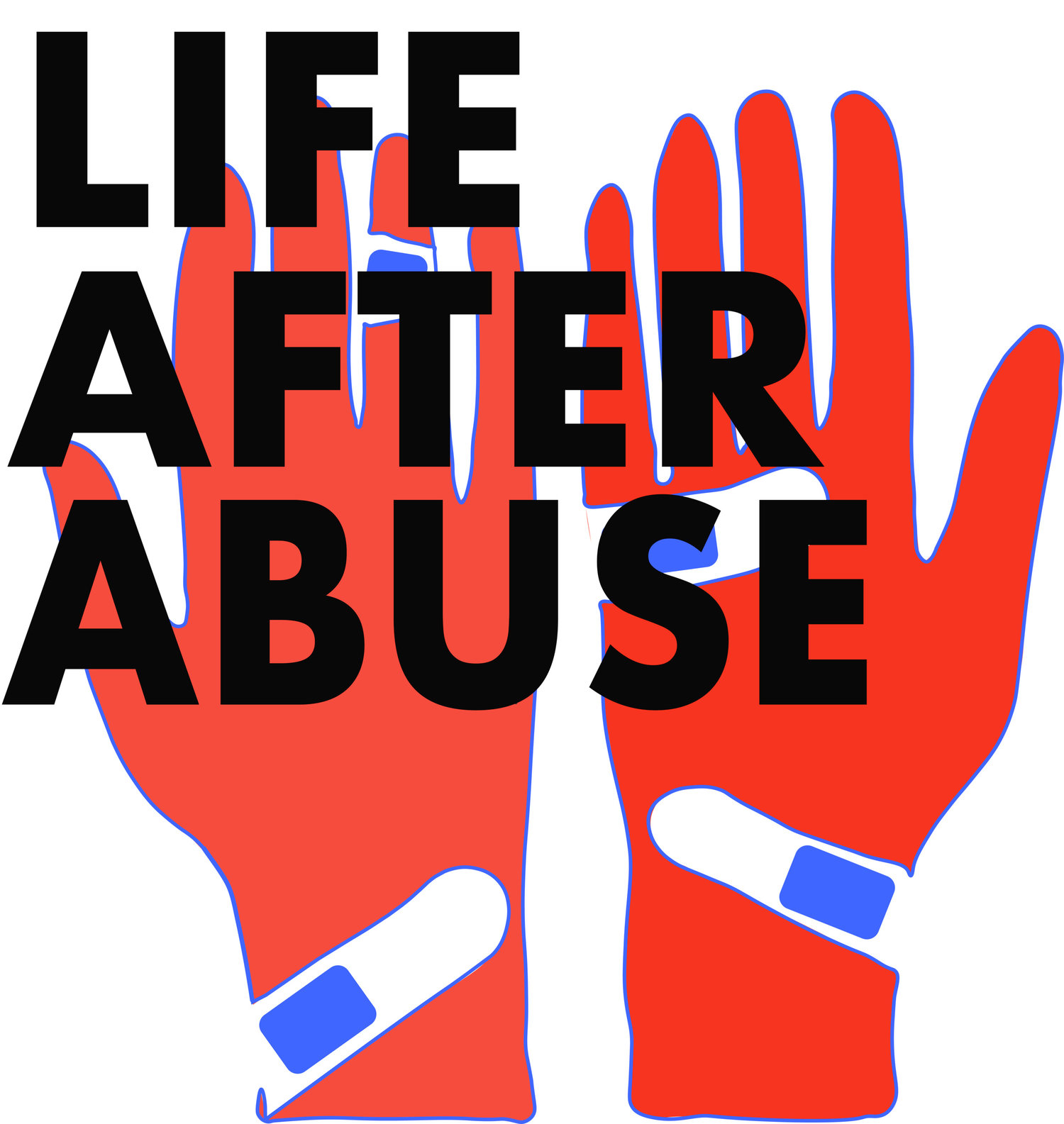The Clery Act: Promoting Crime Transparency on College Campuses
Have you ever wondered how safe college campuses are?
Due to the persistent efforts of Howard and Constance Clery, we now have campus crime statistics. This transparency gives students and parents a clear understanding of the types of crimes committed and the prevention/resolution/support programs that are available.
Considering that student loan debt is crushing our younger generation, students have a right to know everything about the school that they are attending, and colleges have a unique responsibility to support their students while on campus.
Knowledge is power.
Who was Jeanne Clery?
Jeanne Clery was raped and murdered by another student in April 1986 at Lehigh University. Although there had been multiple violent crimes at the university, the students/families were not privy to this information.
Her parents sued the university and argued that, had the university's crime record been known, their daughter would not have attended. This was especially poignant, because it was a factor in her deciding to go to Lehigh vs. Tulane University where her brothers had attended.
After winning a legal suit, her parents founded a nonprofit to rectify this information gap and spearheaded an effort that led to the establishment of the Federal Campus Security Act, which ultimately was renamed the Jeanne Clery Act.
What is the Clery Act?
The Clery Act requires institutions of higher education to comply with certain campus safety and security related requirements, as a condition of their participation in student financial aid programs.
The Violence Against Women’s Act (VAWA) amended the Clery Act to require institutions to compile statistics for incidents of dating violence, domestic violence, sexual assault, and stalking and to include certain policies, procedures, and programs pertaining to these incidents in their annual security reports.
Basic Institutional Requirements:
Maintain statistics about the number of incidents of crimes including dating violence, domestic violence, sexual assault, and stalking reported to them and to local police departments
Provide an annual security report outlining the statistics
Describe in the annual security report the primary prevention and awareness programs to incoming students and new employees
Fully describe each type of disciplinary proceeding used by the institution— including how to file a disciplinary complaint—processes and sanctions
Describe the range of protective measures that the institution may offer following an allegation of dating violence, domestic violence, sexual assault, or stalking
The Positive Impact of the Clery Act:
Awareness that campuses are microcosms of society and crimes occur there
Professionalization of campus security personnel
Programs to address crime prevention and ensure victims rights and support
3 years of information on ‘crime on campus’ that is available to everyone
What can you DO for your student?
Remind them that campuses are NO more safe than any other off-campus environment
Make them aware that campus security and/or local police are there to serve them
Support them if they are a victim of a crime
Remember that there are mechanisms and programs to help them on campus



